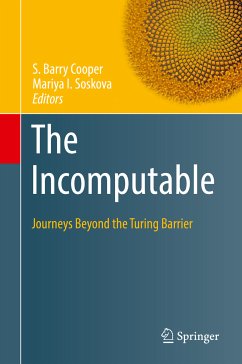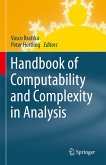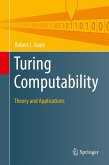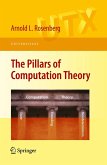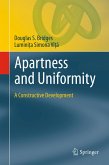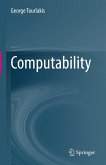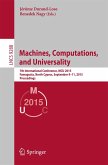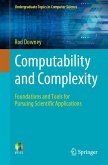This book questions the relevance of computation to the physical universe. Our theories deliver computational descriptions, but the gaps and discontinuities in our grasp suggest a need for continued discourse between researchers from different disciplines, and this book is unique in its focus on the mathematical theory of incomputability and its relevance for the real world. The core of the book consists of thirteen chapters in five parts on extended models of computation; the search for natural examples of incomputable objects; mind, matter, and computation; the nature of information, complexity, and randomness; and the mathematics of emergence and morphogenesis.
This book will be of interest to researchers in the areas of theoretical computer science, mathematical logic, and philosophy.
Dieser Download kann aus rechtlichen Gründen nur mit Rechnungsadresse in A, B, BG, CY, CZ, D, DK, EW, E, FIN, F, GR, HR, H, IRL, I, LT, L, LR, M, NL, PL, P, R, S, SLO, SK ausgeliefert werden.

